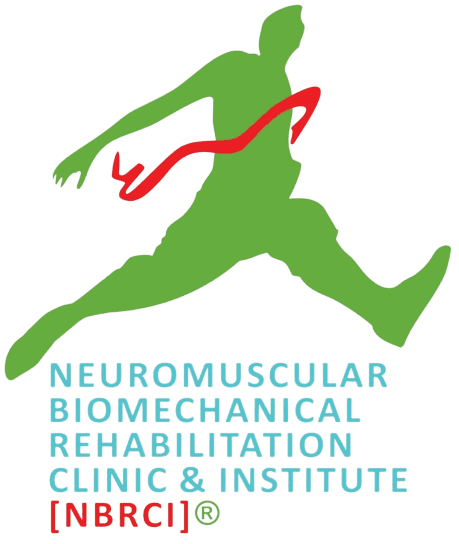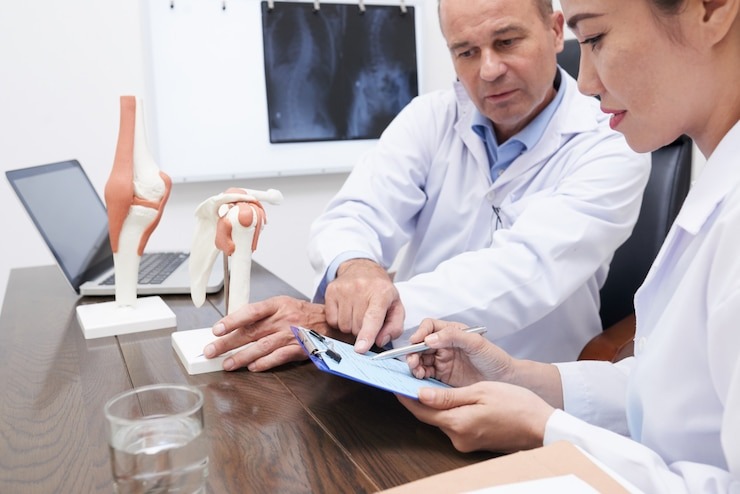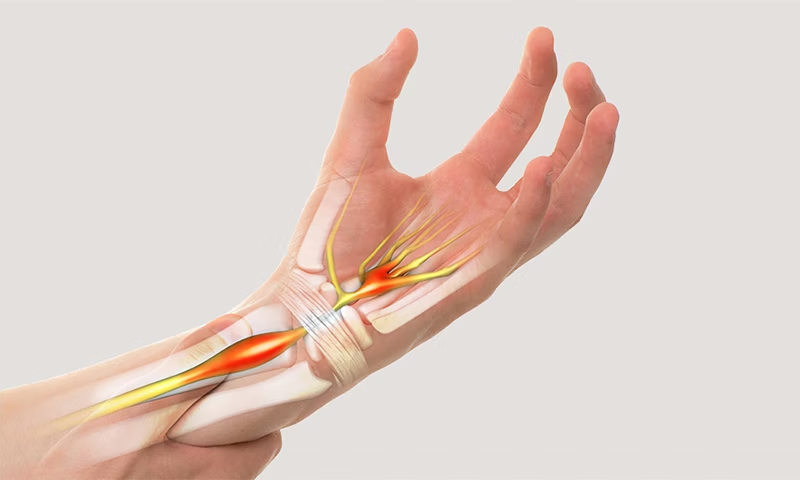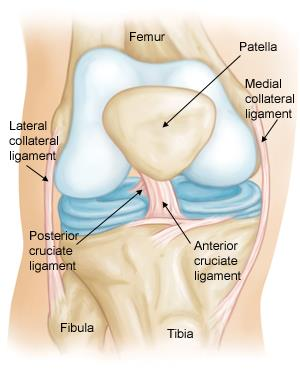Osteomalacia Explained: Causes, Symptoms, and Treatment
Bone health plays an important role in your overall well-being and quality of life. Some conditions of bones, like osteomalacia, if left untreated, can cause severe problems. People with bone pain, muscle pain, or fractures get experienced guidance from Dr. Riaz Ahmed at the NBR Clinic. Who is providing evidence-based physiotherapy and rehabilitation services. In this comprehensive guide, you will get everything about osteomalcia, its causes, symptoms, and the best treatment approaches provided at NBR Clinic.
What is Osteomalacia?
Osteomalacia is a medical condition that happens due to the softening of bones due to a deficiency of vitamin D or irregularity in metabolism. Once happened it directly affects bone density, bone matrix, deformity, and fractures. Moreover, the word osteomalcia means soft bones, and this condition is likely to happen in adults.
Key Causes of Osteomalacia
To prevent problems and targeted treatment, understanding of root causes of ostemalcia is much important. According to Dr. Riaz Ahmed, some key causes of osteomalacia are:
- A deficiency of vitamin D causes the softening of bones and, ultimately, osteomalacia. Vitamin D helps in the absorption of calcium. Your poor diet, less exposure to the sun, and medical condition cause a deficiency of vitamin D and, ultimately, osteomalacia.
- Another contributing factor in the occurrence of osteomalacia is severe kidney disorders. Kidneys play an important role in the activation of vitamin D. When the kidney does not perform their functions properly, that can lead to osteomalacia.
- Some other diseases in the body like celiac disease, bariatric surgery, and Crohn’s disease can suffer you with osteomalacia as well.
- Long-term use of any medications like antiepileptic drugs, anticonvulsants, or glucocorticoids may reduce vitamin D levels, which can suffer you with the osteomalcia.
Symptoms of Osteomalacia
Osteomalacia is insidious, actually. At early stages, it is very difficult to diagnose. But after a few instances of happening of it, you may observe a number of symptoms.
- Appearance of pain in hips, lower back, ribs, and legs.
- Weakness in muscle, especially in shoulders and thighs.
- Difficulty in walking
- Fracturing of bones even after minimal trauma
- Discomfort and fatigue
- Muscle cramps
How to diagnose Osteomalacia
For the diagnosis of osteomalcia, Dr. Riaz Ahmed has a detailed analysis of the patient’s medical history that helps in the evaluation of symptoms, risk factors, and the right approach to treatment. A number of steps are being adopted for it like blood test. That helps to analyze vitamin D levels, calcium and phosphate levels, and Parathyroid hormone that is a contributor of osteomalacia. The second process being used here is x-ray analysis. The other two processes are bone biopsy and bone density scans.
Treatment Options for Osteomalacia at NBR Clinic
The condition of osteomalacia is treatable especially if detected in its early conditions. At NBR clinic Dr. Riaz Ahmed is following holistic approach to treat the problem from its root causes. Who is providing customized treatment according to the needs of people. There are number of processes he is following for the treatment.
Diet and Lifestyle Modifications
Dietary and lifestyle modifications are really helpful for the treatment of osteomalacia. In which we guide patients to eat bone bone-friendly diet enriched with calcium, magnesium and vitamin d. Some of the most recommended foods we prefer here are dairy products, cereals, oily fish such as salmon and sardines, egg yolks, and green leafy vegetables. Besides this, Dr. Riaz Ahmed emphasizes safe exposure to the sun to have natural vitamin D in the body.
Nutritional Supplements
One of the primary treatment strategies for the treatment of osteomalacia. Vitamin B3 plays an important role in the absorption of calcium and bone mineralization. Based on the severity of the problem, Dr. Riaz Ahmed prescribes supplements of vitamin B3 that help to give strength to our bones up to the mark. Besides this, calcium and phosphorus supplements are also beneficial in this case, depending upon the condition of the patient. To receive optimal benefits and minimize risks of side effects, all supplements are suggested after careful observation.
Managing Underlying Conditions
In a number of cases, people suffer from osteomalacia due to other body problems like kidney disorders or other gastrointestinal disorders. People who use any medication for the long term may suffer from this problem as well. Therefore, Dr. Riaz Ahmed is following a collaborative approach to address all these issues to improve your overall health and well-being. By managing these factors, he has achieved a 100% customer success ratio.
Physiotherapy in Osteomalacia Treatment
Physiotherapy plays a supportive role in the management of osteomalcia that works to improve mobility, reducing pain and improving overall quality of life. We are following a number of processes of physiotherapy processes for the treatment of osteomalacia. The first one is the use of modalities like TENS and hot packs to reduce muscle pain. And we are providing a number of strengthening exercises to strengthen your muscles that become weak due to osteomalacia. Poor posture is also a contributing reason in the happening of osteomalacia. We provide a complete guide about it to treat the problem from its root causes. To improve range of motion, flexibility, and reducing stiffness, we provide flexibility exercises as well.
Final Thoughts
Osteomalacia is a serious but treatable bone condition. With the right mix of nutritional support, medical care, and physical rehabilitation, patients can regain their strength and mobility. If you or someone you know is experiencing bone pain, weakness, or frequent fractures, don’t ignore the signs.
Reach out to Dr. Riaz Ahmad at NBR Clinic for a thorough evaluation and start your journey toward stronger, healthier bones.
To Book Appointment or get consultation you can contact on Facebook or Instagram
Author Bio
Dr. Riaz Ahmad is a senior physiotherapist at NBR Clinic, specializing in musculoskeletal rehabilitation, pain management, and bone health optimization. With a focus on evidence-based care and patient education, Dr. Ahmad has helped hundreds recover from bone disorders like osteomalacia, osteoporosis, and joint dysfunction.





